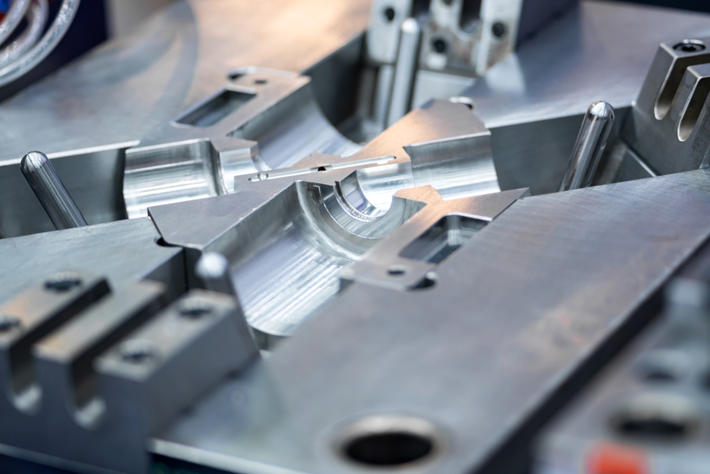Die casting technology is a versatile manufacturing process that has been widely adopted in different industries. This process involves forcing molten metal into a mold cavity to produce complex and detailed parts with high accuracy and consistency. Die casting offers numerous benefits and applications that make it a popular choice for manufacturers. This article explores some of these benefits and applications in detail.
Benefits of Die Casting Technology
1. High Precision and Accuracy
One of the most significant benefits of die casting technology is its ability to produce high-precision parts with great accuracy. The process uses high-pressure injection to fill the mold cavity, ensuring that the molten metal reaches every corner of the mold. This results in parts with very tight dimensional tolerances and excellent repeatability.
2. Wide Range of Materials
Die casting can produce parts from a wide range of metals and alloys, including aluminum, zinc, copper, magnesium, and brass. This allows manufacturers to choose the most suitable material for their specific application, depending on factors such as strength, weight, corrosion resistance, and cost.
3. High Production Rates
Die casting technology is a fast and efficient process that can produce high volumes of parts in a short time. The process is highly automated, with the use of robots and other equipment that can perform multiple tasks simultaneously. This results in reduced production time and lower labor costs.
4. Cost-Effective
Die casting is a cost-effective process that can save manufacturers money on material, labor, and tooling costs. The process involves using reusable molds that can produce thousands of parts, reducing the need for frequent mold changes. Additionally, the high production rates of die casting result in lower unit costs for each part.
Applications of Die Casting Technology
1. Automotive Industry
Die casting technology is widely used in the automotive industry to produce various components such as engine blocks, cylinder heads, transmission cases, and brake components. These parts require high precision and accuracy to ensure that they fit and function correctly. Die casting technology can produce these parts with tight tolerances, high strength, and excellent surface finish, making it an ideal manufacturing process for the automotive industry.
2. Aerospace Industry
The aerospace industry requires parts that are lightweight, yet strong and durable. Die casting technology is capable of producing parts with thin walls and complex geometries that are impossible to achieve with other manufacturing processes. Additionally, die casting can produce parts from lightweight materials such as aluminum and magnesium, which are commonly used in the aerospace industry.

3. Electronics Industry
The electronics industry requires parts that are precise, lightweight, and have excellent electrical conductivity properties. Die casting technology can produce parts such as heat sinks, connectors, and housings for electronic devices using materials such as aluminum and zinc. These parts can be produced with high precision and accuracy, ensuring that they meet the strict requirements of the electronics industry.
4. Medical Industry
The medical industry requires parts that are biocompatible, corrosion-resistant, and have excellent dimensional accuracy. Die casting technology can produce medical components such as orthopedic implants, surgical instruments, and equipment housings using materials such as stainless steel and titanium. These parts can be produced with tight tolerances and excellent surface finishes, making them suitable for medical applications.
Conclusion
Die casting technology offers numerous benefits and applications that make it a popular choice for manufacturers. The process can produce high-precision parts with great accuracy, and from a wide range of materials. Additionally, die casting is a fast and efficient process that can produce high volumes of parts in a short time, making it a cost-effective manufacturing process. The versatility of die casting technology makes it suitable for various industries such as automotive, aerospace, electronics, and medical, among others.
-

- High precision magnesium thixomolding components UAV cover
-

- Marco de faro de piezas de automóvil de fundición a presión de aleación de magnesio
-

- Carcasa de masa de potencia de tixomoldeo de aleación de magnesio
-

- Casco de fundición a presión de aleación de magnesio Thixomolding
-

- Rueda de fundición a presión de aleación de magnesio para ebike
-

- Horquilla de suspensión ultraligera para MTB

 0086-750-5616188
0086-750-5616188 +86 13392089688
+86 13392089688 sales@zhongmei-tech.com
sales@zhongmei-tech.com






